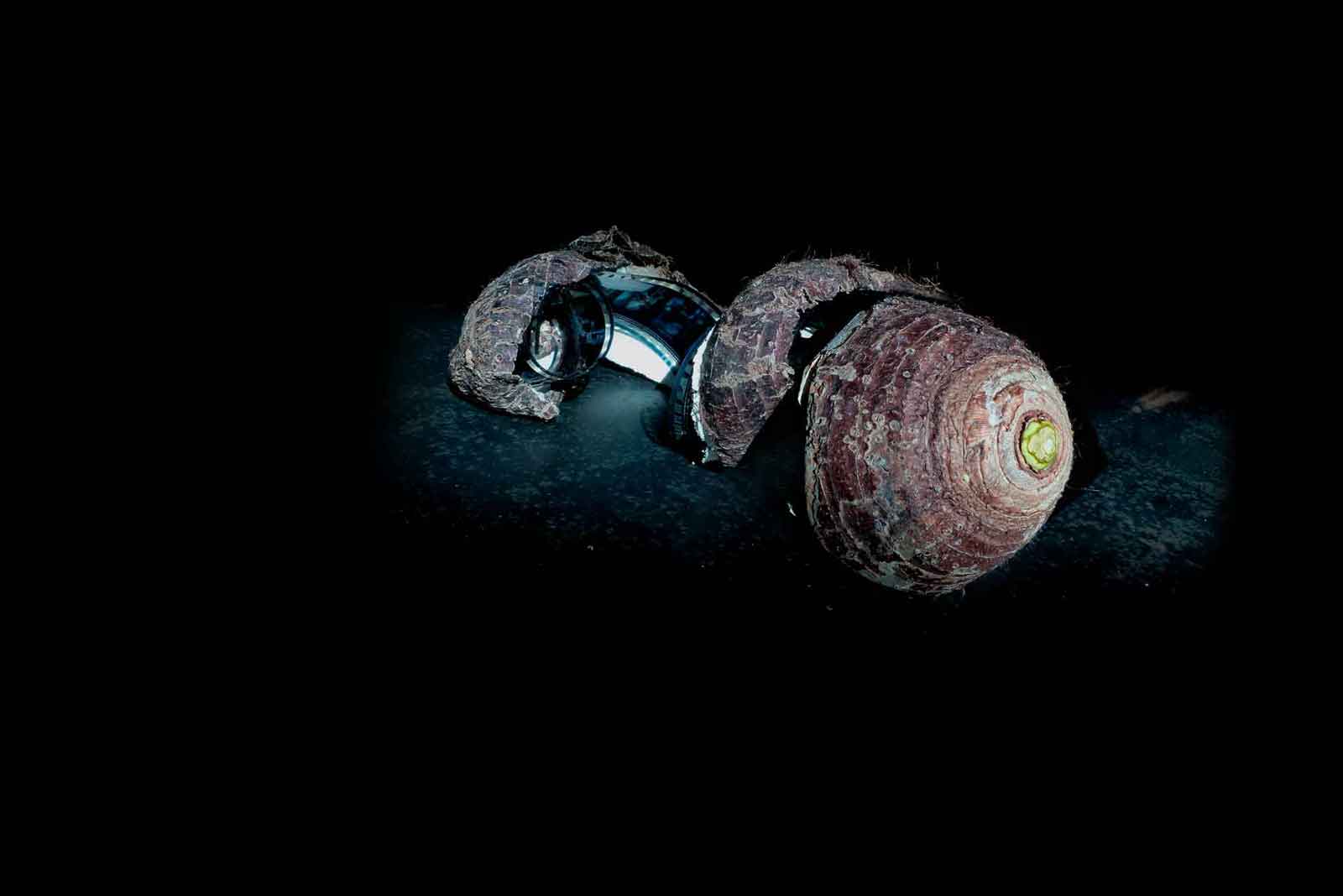

|
Festival 2012The 6th edition of the the Ânûû-rû Âboro Film Festival from 27 October to 4 November 2012 |
Editorials |
Paul Néaoutyine
Président de la Province Nord
In six years, Ânûû-rû Âboro has made its mark on this country’s audio-visual landscape and has also earned a good reputation beyond our shores. This achievement stems from the fruitful alliance between the festival organisers and the political will of the Northern Province. The Province endeavours not only to support the Festival in its growing ambitions but also to support local film production through the Ânûû-rû Âboro Association. The country’s audio-visual landscape is changing fast, with the arrival of DTT and new local TV channels. How can we meet the demand for local content? How can our country and its image secure an existence in the flow of images from overseas? This will be the challenge in the years to come. The film industry economy in Kanaky-New- Caledonia and in the Northern Province is embryonic. Local film production needs to be intensified. Film and especially documentary film activity cannot go ahead without public investment. This is true in Europe and even more so for our Country. To structure a production economy means adopting a carefully thought-out policy, i.e. moving from support for individual films to clear support for the matching of intellectual abilities and technical skills. Ânûû-rû âboro is the appropriate body to carry out the provincial policy of support for a local film production activity and that is the task I have given it.
Ânûû-rû Âboro ‘Shadow of a Man’ is putting down roots…
6 years, is in fact long enough to establish traditions. Paradoxically, then, ‘Shadow of a Man’ is already growing roots, in both its convictions and its soil. True to its commitments, the Festival reconciles the values of Ânûû-rû Âboro with the demands of the film world, while maintaining a constructive dialogue with its audiences.
Keeping intact our commitment to the causes we see as the fairest and our unfailing sense of solidarity with the most oppressed and destitute people among us, we offer you this sixth Festival and its various competitions. We think it is the richest one yet, with creative documentary film material appealing not only to film-lovers, but also to everyone who wants to see, sense and question today’s world.
Our theme day this year honours the African continent, on a modest scale however in view of its immensity, the complexity of the task and Africa’s extraordinary richness. And naturally we have chosen to showcase our friends’ work in Lumière d’Afrique – ‘Light of Africa’, a true nursery for new work and emerging film-makers, now plying us with original content, such as films from education programmes or promising experiments, all from a continent too often reduced to stereotypes and sensationalist news. African images made for Africa - with no exoticism and no condescension - not made for entertainment, but driven by the desire to change perceptions and to open pathways to the individual and collective emancipation of the people who appear in the films.
Egypt also features in a space on current affairs in Africa. From the waves of news, the country is seen as a volcano, with Tahrir Square as the crater; people’s individuality is hidden behind these racing images of unpredictable democratic transition, cultural revolution and popular uprising. And through these highly personal films, shot inside taxis in the Cairo night or in the intimacy of households, we learn about the men and women involved, who surprise us by what they are doing, saying and aspiring to.
We are submerged in images and information, which no longer have time to talk to us or to hear us. History, news and current affairs programmes are no longer the best channels for understanding the contemporary world.
And the documentary, like art, becomes a necessity.
Documentaries often help us understand things better than endless narratives. They ‘talk to us’ about that reality, which often gets superficial treatment in the short-time news approach. They surpass and transcend their subject, to ultimately produce some real meaning, lastingly change perception and decolonise our minds.
René Boutin
Artistic Director of the Ânûû-rû Âboro Festival
